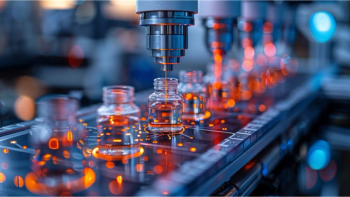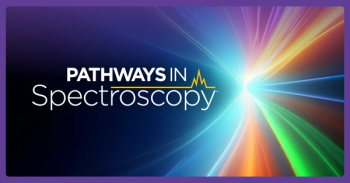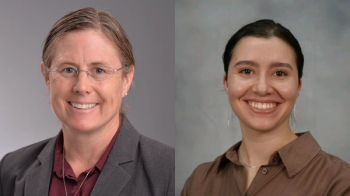
James G. Fujimoto Receives the 2016 EAS New York Section of the Society for Applied Spectroscopy Gold Medal Award
James G. Fujimoto, who is the Elihu Thomson Professor of Electrical Engineering at the Massachusetts Institute of Technology (M.I.T.), has received the 2016 EAS New York Section of the Society for Applied Spectroscopy Gold Medal Award.
James G. Fujimoto, who is the Elihu Thomson Professor of Electrical Engineering at the Massachusetts Institute of Technology (M.I.T.), has received the 2016 EAS New York Section of the Society for Applied Spectroscopy Gold Medal Award. The award was presented to Fujimoto at a technical symposium at the 2016 EAS conference in Somerset, New Jersey, on November 14.
Fujimoto’s research interests are in femtosecond laser technology and biomedical optical imaging. He is the founder of two companies, Advanced Ophthalmic Devices (acquired by Carl Zeiss) and Light Lab Imaging, Inc. (acquired by Goodman, Ltd., and St. Jude Medical). His group and collaborators invented and developed optical coherence tomography (OCT) and were the first to develop OCT in clinical ophthalmology at the New England Eye Center. As an educator, he has trained leading researchers in photonics and biophotonics.
Fujimoto received his bachelor’s, master’s, and doctorate degrees from M.I.T. He received the Discover Magazine Award for Technological Innovation in medical diagnostics, the Rank Prize in Optoelectronics, the Zeiss Research Award, and the Champalimaud Vision Prize.
Fujimoto is a member of the National Academy of Engineering, the American Academy of Arts and Sciences, and the National Academy of Sciences. He is also a Fellow of the OSA, APS, and IEEE.
Newsletter
Get essential updates on the latest spectroscopy technologies, regulatory standards, and best practices—subscribe today to Spectroscopy.




